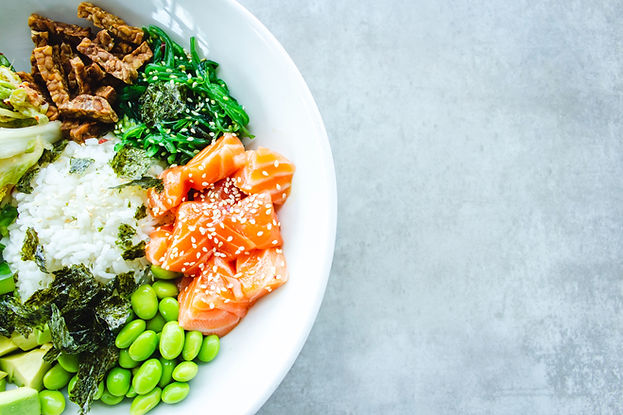

After completing my degree in 2011 and becoming a Registered Associate Nutritionist (A Nutr) I have helped many clients take control over their eating and discover a healthy relationship with food
Sarah O'Neill
Nutritionist
BSc (Hons): 1st (ANutr)
London, Reading
and online

I left a role in financial PR in the City of London in 2009 to pursue my passion for health and fitness by becoming a Personal Trainer and completing a Nutrition degree
Good nutrition is the cornerstone to maintaining vitality, immunity, physical and mental performance. Many of us neglect our nutrition when tired, busy, stressed or unhappy, and yet failing to invest in our diet can have catastrophic effects on our wellness and energy levels.
Obesity now affects 1/4 UK adults, and is the leading cause of chronic disease such as CVD, stroke, type 2 diabetes...we are quite literally killing ourselves with food.
Weight loss is given to be 2/3 diet and 1/3 exercise, so getting your nutrition on track is critical for success in any weight loss programme.
In a world full of energy-dense foods and a lifestyle where many of us spend the majority of our time sat behind a desk, maintaining energy balance can be extremely challenging.
Investing in your nutrition can radically transform your energy levels, mindset, assist your training performance and help you achieve the body you want, inside and out.

Don’t be fooled into thinking healthy food is bland and boring. As the Runner’s World Nutritionist I have written a monthly column on the health benefits of various foods, with some delicious recipe ideas to try. These articles are available on the Runner's World website and on my exercise nutrition page.

Nutrition is much more than just counting calories, however the energy balance equation is a key starting point.
Energy balance is very basic maths: energy in (food, drinks) must equal energy expended (basal metabolic rate (BMR), thermic effect of feeding, activity levels) for weight to stay the same. The 'average' recommendations of 2000 kcals for women and 2500 kcals for men will be correct for very few of us, as our metabolic rate varies with age, weight, height, body compositon and activity level. The calorie calculator below is a first step towards knowing your personal calorie needs a little better...



